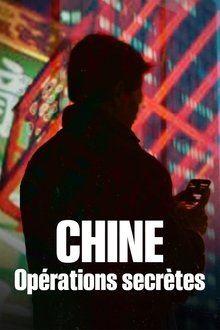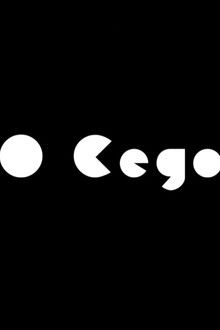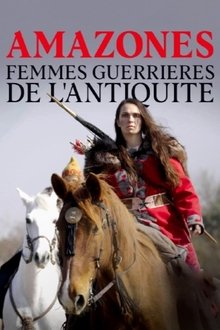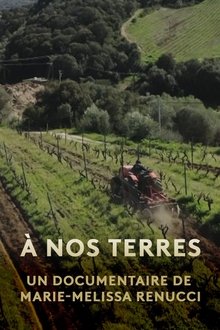This documentary short-film follows the story of The White Bus Cinema based in Southend-on-Sea. They keep the process of projecting real celluloid film alive by showing films from their archive of over 3,000 films, ranging from Super 8, 16mm, and 35mm prints. The film argues why it's important to continue the shooting and projection process of film in our current age of digital shooting and projection in modern Hollywood, amidst the chaos of studios removing films from their streaming services.
Related Movies
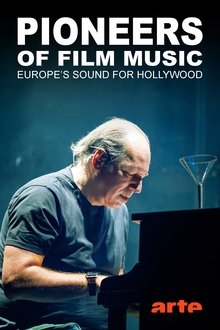
Pioniere der Filmmusik - Europas Sound für Hollywood (2024)
Hollywood film music has its roots in Europe. Three composers who fled war and National Socialism to the USA created the sound that still shapes film music today: Erich Wolfgang Korngold, Max Steiner and Franz Waxman. In the early 20th century, these classically trained composers transformed the methods acquired in Vienna and Berlin into a new American art form: film music. They balanced the relationship between image and sound and developed techniques and dramaturgical tricks to achieve the greatest possible effect on the viewer. Their influence is visible in the work of contemporary US composers such as John Williams and Jerry Goldsmith. Today, Oscar winner Hans Zimmer, Ramin Djawadi and Harold Faltermeyer continue this tradition. Their melodies are part of humanity's collective memory and reflect the combined traditions of European and American musical history. The documentary accompanies composers in their work and explores the European roots of Hollywood.
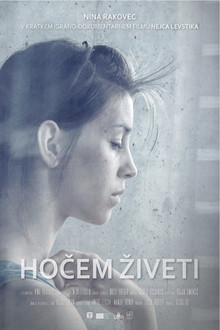
I Choose to Live (2013)
The documentary »I Choose to Live« presents a touching confession of a young girl who after losing her mother, tried to end her life. Later on she struggled with self-destructive behaviour and also an eating disorder. In this documentary the young girl is portrayed by the actress Nina Rakovec. The theme of mental health of youngsters is highlighted with the help of the professional counsellors.
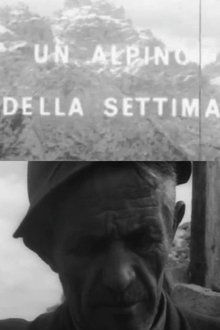
Un alpino della settima (1969)
A man promised to his dying mother to find and give a proper resting place to the remains of the father, a soldier, dead during WW1 and never found. It's an impossible and desperate quest since he died during Mount Piana battle that lasted two years and resulted in the killing of 14000 soldiers. But the obstinate man never gave up searching on the Dolomiti Mountains for all his life.
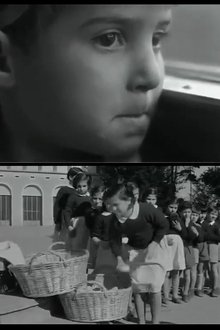
Little Calabrians in Suna on Lake Maggiore (1953)
After a big flood some Calabrian children are sent to Milan.
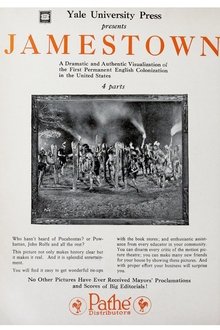
Jamestown (1923)
The founding of the first English colony at Jamestown, Virginia, in 1612 and the many problems that confronted the struggling colonists are depicted.

D'où viennent les faux cheveux (1909)
On a market day in Kernascleden, two Breton women exchange their hair for a few coins. The hair becomes hairpieces. Last scene, an elegant Parisian removes her hat and exposes her generous wig skillfully coiffed.
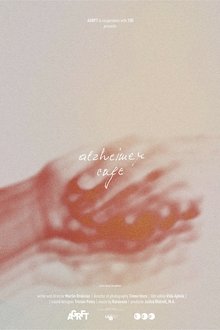
Alzheimer Cafe (2019)
Ivan and Jožica, a married couple, move to a care home after 70 years of sharing their lives. Despite the hardships of old age, they continue to live together in the new environment. Memories are fading, love remains.

O.E. Hasse - Porträt eines Schauspielers (1964)
TV-documentary about the German actor Otto Eduard Hasse
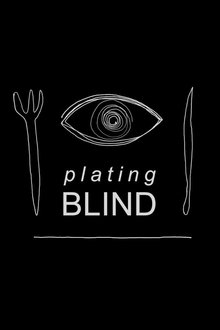
Plating Blind (2020)
Nathan Quinell is a fully trained chef… he also happens to be legally deaf and blind. That’s never stopped him from chasing his dreams to become a full-time cook, but now Nathan must prove himself to his peers, his students and potential employers.

Microcosmos (1996)
A documentary of insect life in meadows and ponds, using incredible close-ups, slow motion, and time-lapse photography. It includes bees collecting nectar, ladybugs eating mites, snails mating, spiders wrapping their catch, a scarab beetle relentlessly pushing its ball of dung uphill, endless lines of caterpillars, an underwater spider creating an air bubble to live in, and a mosquito hatching.
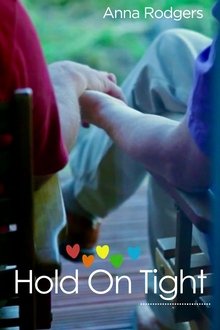
Hold on Tight (2011)
A short documentary exploring the ways LGBT couples show affection, and how small interactions like holding hands in public can carry, not only huge personal significance, but also the power to create social change.
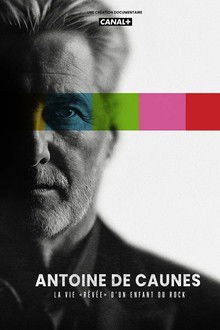
Antoine de Caunes : la vie rêvée d'un enfant du rock (2025)
Documentary on Antoine de Caunes, a French television presenter, comedian, actor, journalist, writer and film director.

Starlight (1969)
A Tibetan Lama. His disciple. The disciple's wife, young boy and terrier. An old tugboat crossing the Mississippi River. A man in his seventh month of solitude. His hermitage built by his own hands. The man's bloodhound; his cat. Clouds crossing the Continental Divide. A mountain stream. A girl. The sun.

